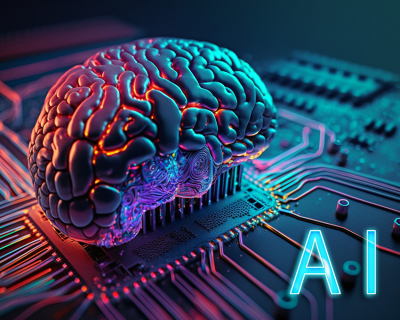
AI Retail
AI Applications in Retail Industry Overview
AI in retail refers to the application of artificial intelligence technologies to enhance various aspects of the retail industry, including customer experience, supply chain management, inventory optimization, and sales forecasting. Here are some key applications of AI in retail:
1. Personalized Shopping Experience
Recommendation Engines: AI analyzes customer behavior (browsing history, past purchases) to suggest relevant products (e.g., Amazon, Netflix-style recommendations).
Chatbots & Virtual Assistants: AI-powered chatbots (like ChatGPT, Google Bard) assist customers with queries, product searches, and order tracking.
Visual Search: Shoppers can upload images to find similar products (e.g., Pinterest Lens, Google Lens).
2. Inventory & Supply Chain Optimization
Demand Forecasting: AI predicts future sales trends using historical data, reducing overstocking or stockouts.
Automated Warehousing: AI-driven robots (like Amazon’s Kiva) streamline picking, packing, and inventory management.
Smart Replenishment: AI monitors stock levels and automatically reorders products when needed.
3. Enhanced Customer Insights
Sentiment Analysis: AI analyzes customer reviews, social media, and feedback to gauge brand perception.
Facial Recognition & Emotion Tracking: Some stores use AI cameras to assess customer moods and optimize store layouts.
4. Checkout-Free Shopping
Cashierless Stores: AI-powered systems (like Amazon Go) track items picked by customers and charge them automatically via app.
Self-Checkout AI: Computer vision ensures accurate scanning and reduces theft.
5. Dynamic Pricing & Promotions
Real-Time Price Adjustments: AI adjusts prices based on demand, competition, and inventory (e.g., Uber surge pricing for retail).
Personalized Discounts: AI offers tailored discounts to customers based on their shopping habits.
6. Fraud Prevention & Security
AI-Powered Surveillance: Detects suspicious behavior or shoplifting in real-time.
Payment Fraud Detection: Flags unusual transactions using machine learning.
Future Trends in AI Retail
Metaverse & Virtual Shopping: AI-driven virtual stores in platforms like Meta (Facebook) or Decentraland.
Voice Commerce: AI assistants (Alexa, Google Assistant) enabling voice-based shopping.
Hyper-Personalization: AI will predict customer needs before they even search for a product.
Challenges
Data Privacy Concerns: Balancing personalization with user data protection (GDPR, CCPA compliance).
High Implementation Costs: Smaller retailers may struggle to adopt advanced AI solutions.




